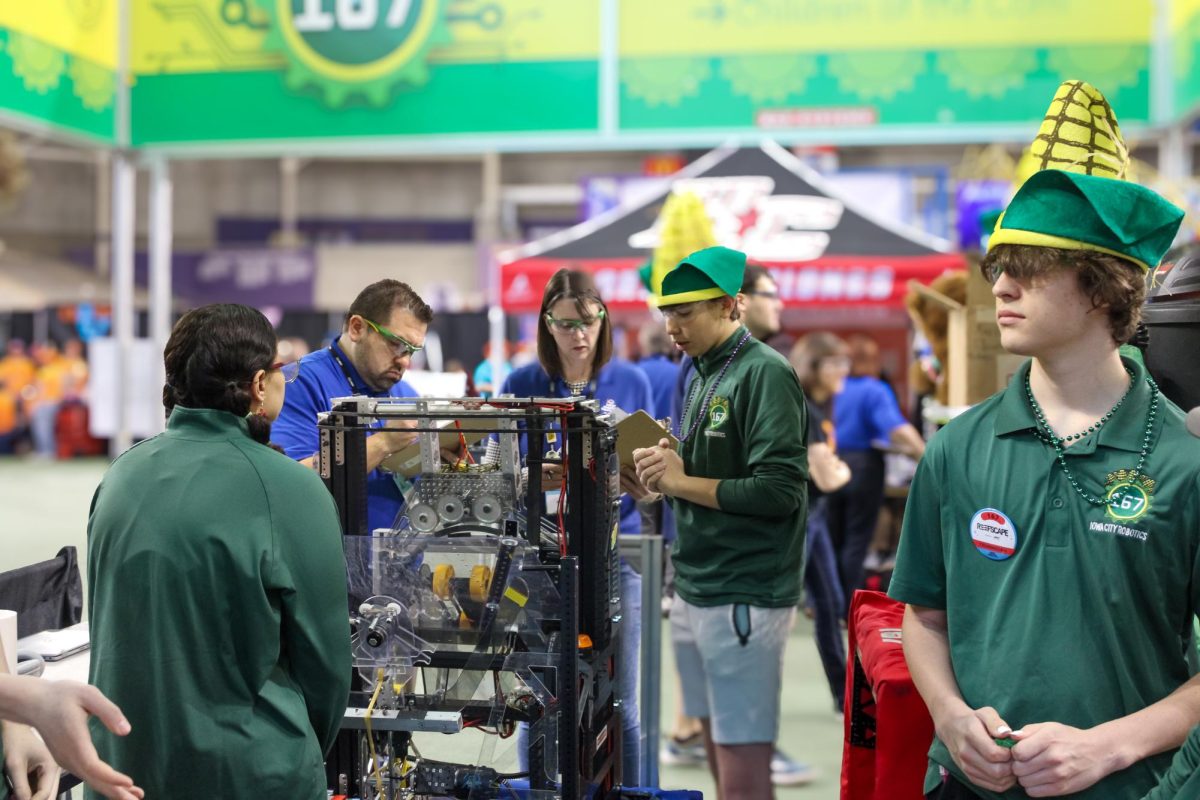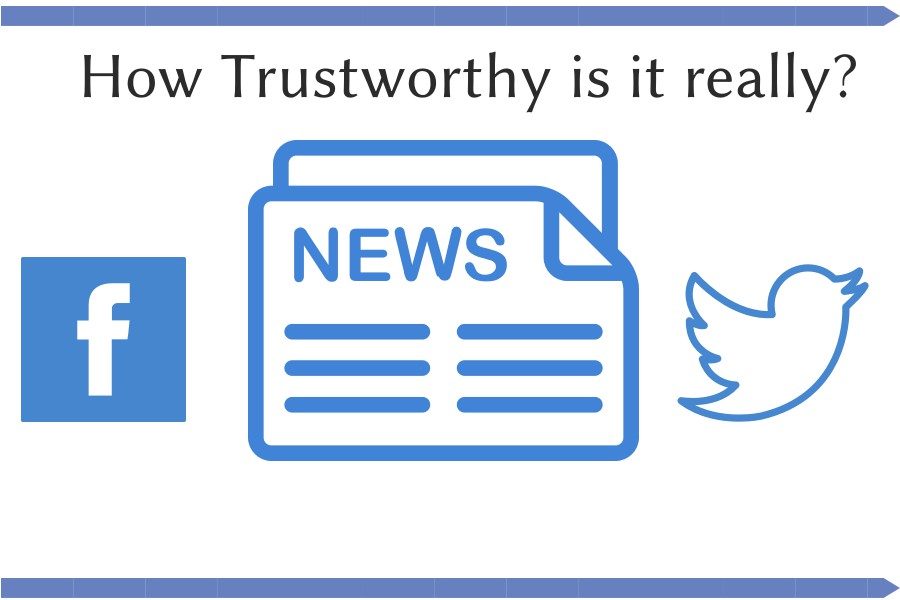The Epidemic of Fake News
December 14, 2016
One of the first things Joseph Stoltz ‘17 does in the morning is check the news. But Stoltz was not surprised to see that a story titled “Michelle Obama Deletes Hillary Clinton From Twitter” was far from true. Fake news has become a prominent issue in today’s world. Fake news can blow up and go viral and become stretched, even though it may be falsified.
“Fake news discredits real news,” Yara Moustafa ‘17 said. “ It makes people feel educated but are actually being misled.”
Although there are fake news sites on the internet like realnewsrightnow.com, credible websites like Facebook have been hit with fake news articles that can fill up people’s feed. However, most people fail to check if the article or news source is reliable. Most people just trust that the articles are real because Facebook is usually seen as a trustworthy social network.
“People are quick to grasp onto what they want to hear or just not listen to something that challenges their view without objectively looking at it,” Brad Hartwig, City English teacher said. “And that’s an epidemic.”
The American people experienced a serious wake up call this year with the media’s false publications on the presidential election. A fine example of this issue was during the candidates’ campaigns: supporters or officials for Trump, like Ben Sasse, have spread false rumors using social media. Another example of social media abuse during the election included ads convincing or encouraging people to “vote” online, even though the votes were not actually valid. Many believe that because of this, Hillary lost many votes. Another shocking example of the damage fake news has created is the recent tragedy at a local Brooklyn restaurant. “Pizzagate”, as it is now called, all started from twitter postings claiming that Hillary Clinton and her aides had used the restaurant for pedophilic actions. This resulted in a man taking up arms against the restaurant.
“I think that when candidates make fake news and rumors about other candidates it can affect the outcome [of an election],” Stoltz said. “People rely on the media, and the media usually just reports anything they can get their hands on.”
Addressing the problem of fake news has come to the attention of many after this past election, and has had lasting effects. Cracking down on fake news has now become a major priority for social media sources like Facebook and Twitter.
“We’ve had a major change in how journalism is done,” Hartwig said.
































